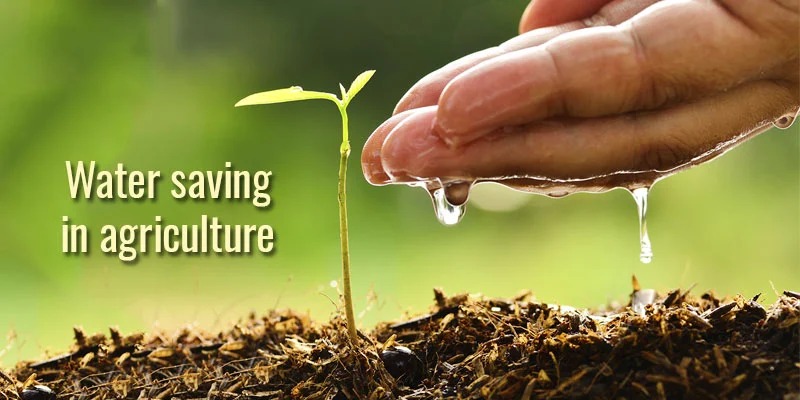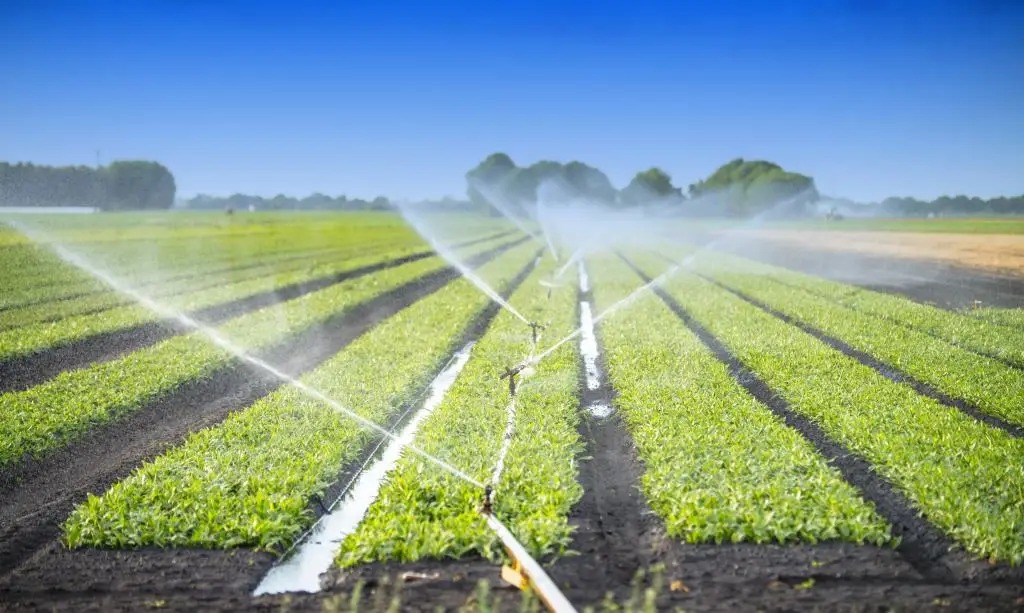
Water management in agriculture is crucial for sustainable food production, especially amid increasing water scarcity and climate variability. This literature reviews innovative techniques to improve irrigation efficiency and maximise water use. It starts with traditional methods like flood, furrow, and sprinkler irrigation, highlighting their limitations in water wastage, energy use, and soil degradation. The discussion then shifts to efficient practices such as drip and subsurface drip irrigation, which deliver water directly to crop roots, minimising losses. Additionally, it addresses the role of automation—like smart controllers and IoT systems—in optimising water delivery and reducing environmental impact.
The importance of water conservation techniques

Soil moisture conservation
Efficient irrigation practices
Water savings
Energy efficiency improved crop yields.
Here are some key techniques to optimise water use and cultivate drought-resistant crops.
1. Drip Irrigation
Drip irrigation is a game-changer for water conservation. This method delivers water directly to the plant roots through a network of tubes and emitters, reducing evaporation and runoff. By applying water precisely where it’s needed, farmers can achieve significant water savings while boosting crop yields.
2. Sprinkler Irrigation
Sprinkler systems are another effective way to manage water efficiently. Modern, low-pressure sprinklers can cover large areas while minimising waste. By scheduling irrigation during cooler parts of the day, farmers can further reduce evaporation losses, ensuring that more water reaches the plants.
3. Drought-Resistant Crops
Incorporating drought-resistant varieties into planting schedules can dramatically cut water needs. These resilient crops are specifically bred to withstand dry conditions, maintaining yields even when water is limited.
4. Soil Moisture Monitoring
Using soil moisture sensors allows farmers to track water levels in real time. This data-driven approach helps determine the best times to irrigate, preventing overwatering and ensuring crops receive just the right amount.
By adopting these techniques, farmers can not only conserve water but also contribute to a more sustainable agricultural future. Efficient water management is essential—Embracing these strategies not only conserves water but also fosters a healthier planet for future generations.Let’s cultivate a greener tomorrow!
